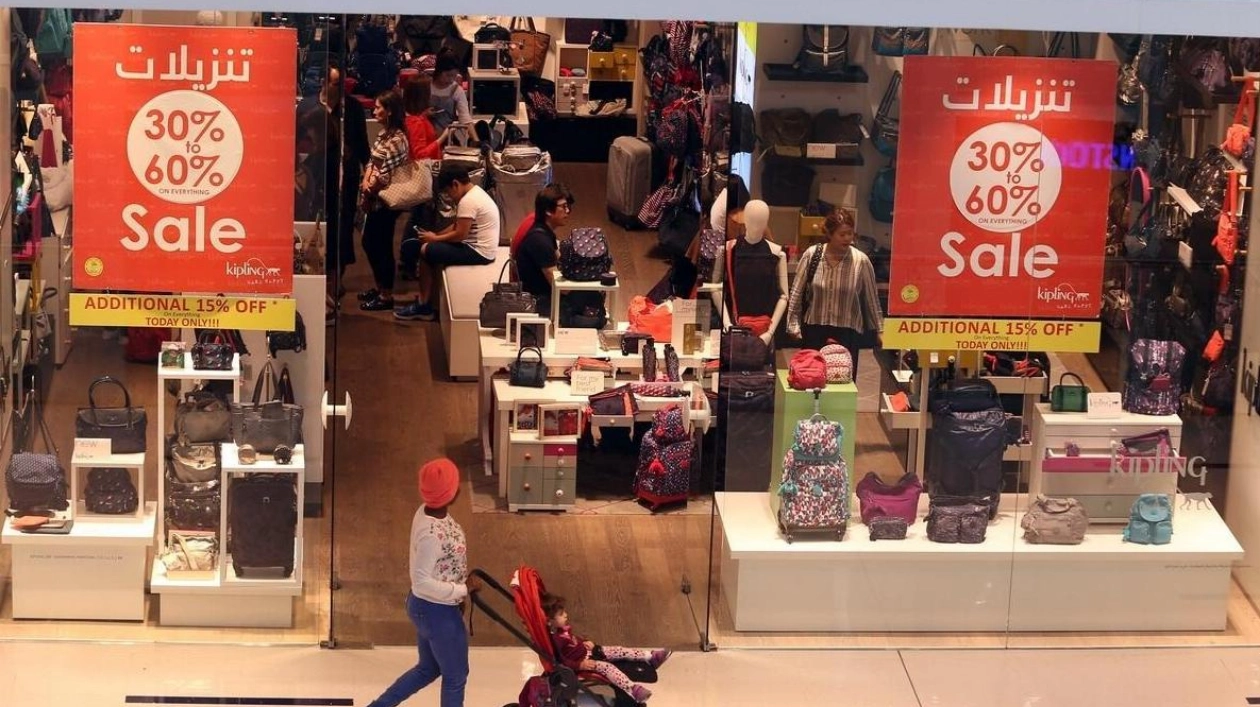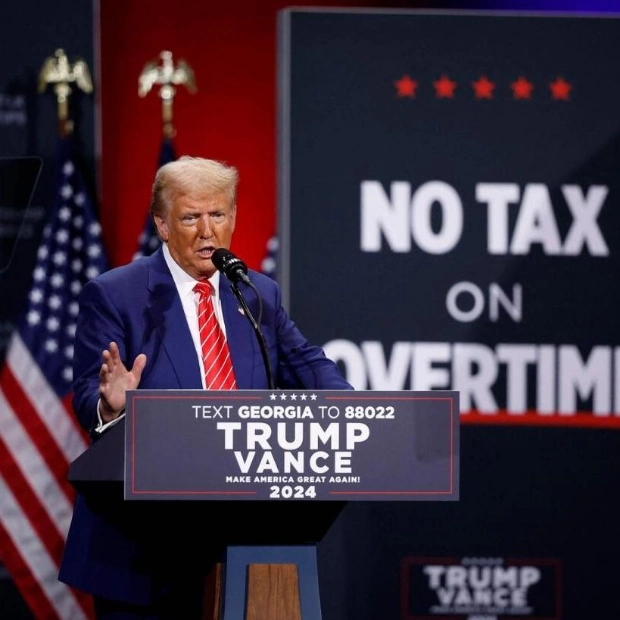Following the US Federal Reserve's decision to maintain key rates, analysts predict that consumers in the UAE will not see any immediate relief as rates remain high. The Federal Reserve kept interest rates steady between 5.25% and 5.5% after its June meeting, marking the eighth time in nine meetings rates have been held. Despite eleven rate hikes in recent years to fight inflation, US inflation has slightly decreased to 3.3% YoY in May, down from over 9% in mid-2022. The core CPI YoY also dropped to 3.4%. The last rate increase was in July 2023. Vijay Valecha, CIO at Century Financial, noted that while inflation is still above the Fed's 2% target, the strong economy allows for a pause in rate hikes, with potential for just one cut in 2024. The Central Bank of the UAE (CBUAE) has mirrored the Fed's cautious approach by keeping its Base Rate at 5.40%. High rates mean UAE mortgage and corporate loan borrowers are unlikely to find relief soon. However, the robust UAE economy should support strong loan growth, and the strong US dollar, to which the dirham is pegged, should keep imports affordable. Despite high rates, the stock market rallied, possibly due to strong corporate earnings, advancements in AI, and anticipation of future rate cuts. Interest rates on 10-year Treasury notes have risen to 4.26%, though lower than the October 2023 peak of 4.99%. This increase occurred despite expectations of rate cuts shifting to later in 2024. The rise in yields affects the bond market, making bonds more attractive for new investments if rates eventually fall. The Euro initially strengthened against the US Dollar due to lower-than-expected US inflation but weakened after the Fed's decision. The coming months will be critical in understanding the Fed's stance, with market participants closely watching economic indicators, especially the next CPI release. Gulf stock markets have shown cautious sentiment, mirroring the Fed's delay in policy easing, influenced by the currency peg to the US dollar. Investor reactions varied across the Gulf, with indexes in Dubai, Abu Dhabi, and Saudi Arabia declining, while Qatar's index slightly increased. Mohamed Hashad, chief market strategist at Noor Capital, highlighted the complex interplay of global economic trends, company performances, and new market entrants. The Federal Reserve's actions are crucial for investors, influencing sentiment and market trends. Despite challenges, the Gulf's economic diversification and strong fundamentals offer growth opportunities. By staying informed about global economic developments, investors can confidently navigate the Gulf's financial landscape.

Text: Lara Palmer
13.06.2024
Analysts Predict No Immediate Relief for Consumers as UAE Mirrors US Federal Reserve's Stance





